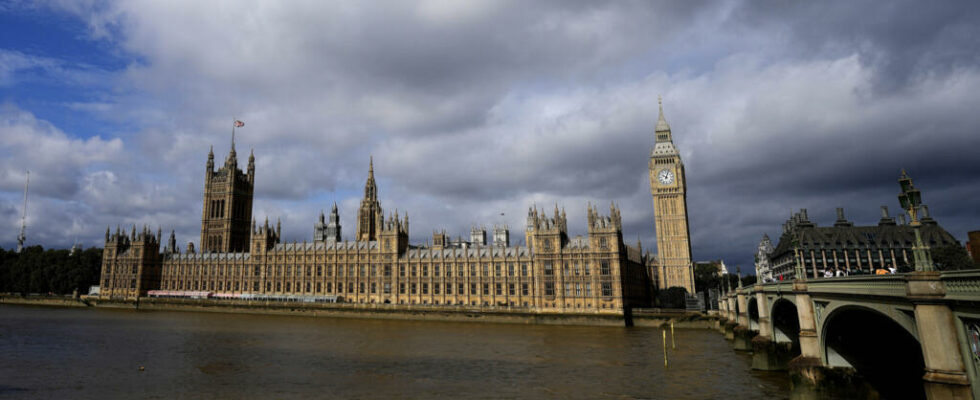This Friday, November 29, British MPs begin examining a potentially historic text: for or against the legalization of assisted suicide. The text, presented by a Labor elected official, plans to allow sick and terminally ill people, whose prognosis does not exceed six months, to request to receive assistance in dying. It is a rather taboo subject in the United Kingdom which has not been debated in Parliament for almost ten years.
From our correspondent in London,
He rarely goes anywhere without his green paperclip, even to see the oncologist who is treating him for his colorectal cancer. Nathaniel Dye is working on an album and a very personal campaign: the right to choose your own death. “ I will probably die of this cancer within the next five years. So far, I’m lucky to have few symptoms, but I’ve had a glimpse of what can happen to me. I’m telling you about unbearable pain. If this became permanent, I believe that death would not be the worst outcome for me. »
Nathaniel Dye is campaigning with Dignity in Dying. Among the NGO’s other activists, Sophie Blake, face of a new awareness campaign. Mother of a 17-year-old teenager, this former sports commentator has incurable breast cancer. “ When the painkillers no longer work, we need to be able to say “this person is dying, let’s not prolong their agony”. Being able to have control at the end is important for me, but also for them “, she argues.
Also listenSupporting the end of life: a bill under debate in France
Among the arguments against the text, there are religious and philosophical convictions, etc. And the fear that some patients will be pushed to suicide by their loved ones. The fifty-year-old nevertheless underlines the solidity of the bill: “ It won’t happen in five minutes. It will be necessary for two independent doctors to speak to the patient separately. Then, it is a judge who will have to validate the decision. »
According to the latest polls, 7 in 10 Britons support assisted suicide in principle. On the medical side, it’s more vague. The British Medical Association, the main union in the sector and long against it, declares itself “neutral”. “ Obviously, this project interests us, because it concerns not only doctors, but above all our patients, remarks Andy Green, director of the BMA ethics committee. Our main condition is the right to the conscience clause. And of course we insist that new funding is needed, that no funds should be removed from the existing public hospital budget, particularly palliative services, which are already underfunded and under pressure. »
The union will not comment on the merits or on the eligibility criteria. The parties will not give voting instructions. If rejected, Nathaniel Dye, the trombonist professor, will consider leaving for Switzerland.
Also readEnd of life: what other European countries have decided
